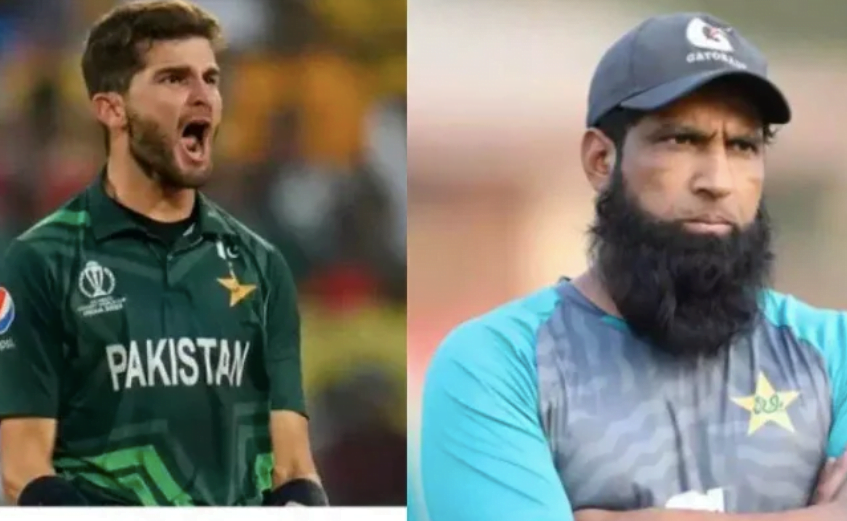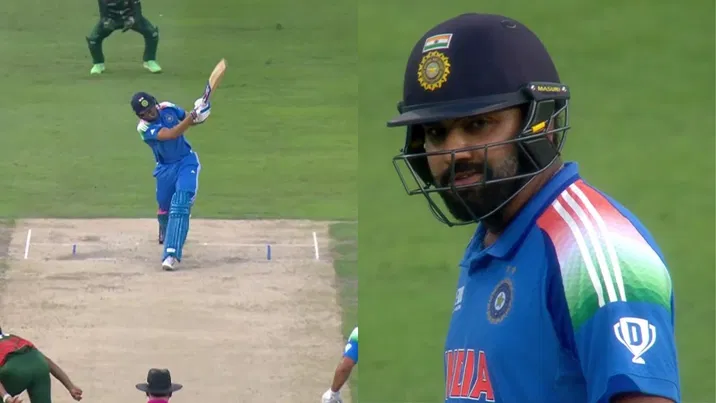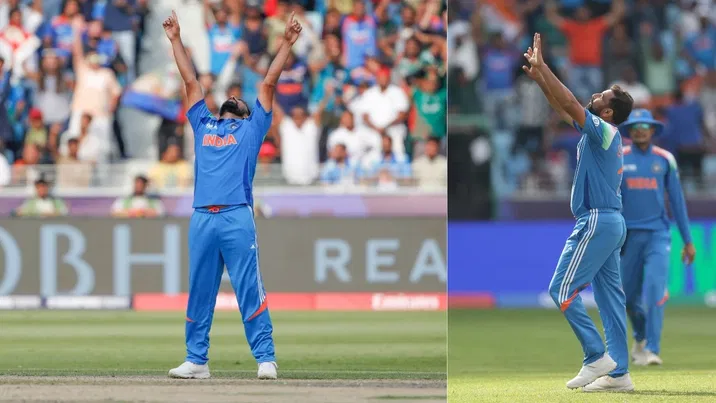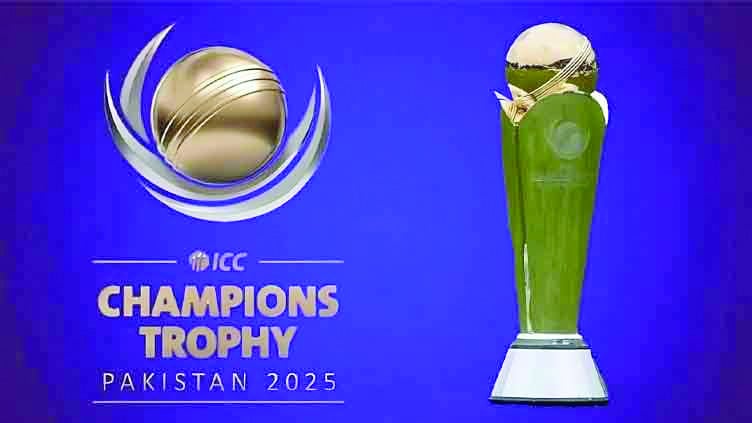
(Source X)
Saqlain Mushtaq, the former coach of the Pakistan cricket team, has responded to recent reports of a clash between Mohammad Yousuf and Shaheen Afridi. Mushtaq expressed disappointment over these developments, emphasizing that such issues should be managed effectively by the team’s leadership.
The Pakistan National Cricket Team has recently faced a series of controversies and underwhelming performances, which have led to significant criticism. Their recent outings in international cricket have been particularly poor, adding to the scrutiny they face.
Additionally, during the T20 World Cup 2024, there have been multiple reports of discipline issues within the team. It was reported that Shaheen Afridi was a central figure in these issues, with head coach Gary Kirsten lodging a formal complaint about Afridi to the Pakistan Cricket Board (PCB). Kirsten accused Afridi of misbehavior and creating a disruptive environment within the team, prompting the PCB Chairman to emphasize zero tolerance for indiscipline.
Furthermore, during Pakistan’s T20I tour of England, there were reports of a heated argument between batting coach Mohammad Yousuf and fast bowler Shaheen Afridi. The dispute reportedly arose when Yousuf criticized Afridi’s no-balls, leading to Afridi telling Yousuf to stay out of his business.
In discussing these matters, Saqlain Mushtaq stressed the importance of effective management and communication from coaches. He highlighted that even if a coach’s expertise is questioned, it is crucial for them to present themselves confidently and handle such situations with authority. Mushtaq shared his views on these issues during an interview on the Cricket Pakistan YouTube channel.
“I will say with great regret that, I don’t know how these things came out. Look, is this a failure of coaches or management? Management or coaches should have solutions for everything. If suppose, no one is listening to anyone, no one is agreeing. How will you talk? Find an opportunity. Find a way. Find time. How will you talk? Get it realized. After that, say that this is how it is. If you say, no, no, not like this. Will you fight? Will you fight at that time? If you go to this level, your management skills should be very good.
“Even if you don’t have a domain, and you are going, and when you ask questions with him or start a conversation, then the next person should know that he has a lot of knowledge of this field too. I can’t believe that a cricketer who has played cricket has played enough cricket; if he is a bowler, then he knows how to bat. Look, the coin, there are two parts of it. The head and the tail. If he is a batsman, then he is looking at the batting side. If he is a bowler, then he is looking at the bowling side.”
Saqlain Mushtaq further elaborated on the dynamics between players and coaches, reflecting on his own experiences. He explained that during his tenure as a coach, batters frequently sought his advice and guidance. Mushtaq detailed how this interaction underscored the importance of a collaborative and respectful relationship between coaches and players.
“If the bowler is not looking at the batsman, how he is playing the shots, and what are his tactics, how he makes these runs, where are his flaws, and how will I catch him, how will he catch me, then it means that he is not a bowler. And if a batsman does not know about the bowler, then he is not a batsman. I was with England, New Zealand, Bangladesh, and the West Indies, and I have even worked with Pakistan.
“Batsmen used to come to me and talk a lot. They used to talk a lot about Australia. That he is bowling, where will I make runs? And which shot will be hit? And how do you look at the batsman while bowling? This is a cycle that the bowler completes and the batsman also completes. What are your intentions? What do you want to do against the bowler? How do you play? Intention. Then you play or bowl him in your imagination.
“You bowl him in your imagination that he is playing me like this, I will bowl him here, in your imagination, I will bowl like this, he will pitch here, this ball will be like this, or I will get him out on the short leg, or I will out get him out in the slip, or he will step on the front foot, or I will create a dot like this, So, intention, imagination, then execution. Then you do that.”
Trust is the key, coaches having trust in the players is very important – Saqlain Mushtaq
Saqlain Mushtaq further discussed the preparation methods of batters and bowlers, noting that coaches collaborate closely to enhance a player’s skills. He emphasized that the relationship between players and coaches is akin to the connection between soul and body.
Regarding the altercation between Shaheen Afridi and Mohammad Yousuf, Mushtaq highlighted the crucial role of trust in these interactions. He suggested that if Afridi indeed acted in such a manner, it was a significant mistake, reflecting a reluctance to embrace learning and guidance.
“So, you bowl him in your imagination. And when you are executing, it is a replay for you. And for the player or the spectator, that is the actual bowling. The bowler has already bowled in his imagination. So, this is a replay. And after the replay, he sees what the batsman played, what I did, what my intentions were, what my imaginations were, what my execution was.
“After that, he goes into observation. He sees what he did, what I did, what I should have done, how I should have trapped him. He again calculates the observation, makes the intention, imagination, and execution, and goes into observation. Similarly, the batsman also does it. What is the bowler doing? How does he swing? How will I play him? Where will he give me the runs? What field setting has he done?
“So, you have to work together; all coaches work together, batting coaches go to bowling coach to discuss plans. Players also work together. Mohammad Rizwan used to come to me to ask about plans on playing sweep shots. Trust is the key; coaches having trust in the players is very important. It’s a relationship like soul and body. All these things that are coming up, when the coach or bowler hears this, they will feel very bad. But if the bowler is saying this, he is doing a blunder because he doesn’t want to learn and If a coach does these types of things that he is stupid,” he concluded.




